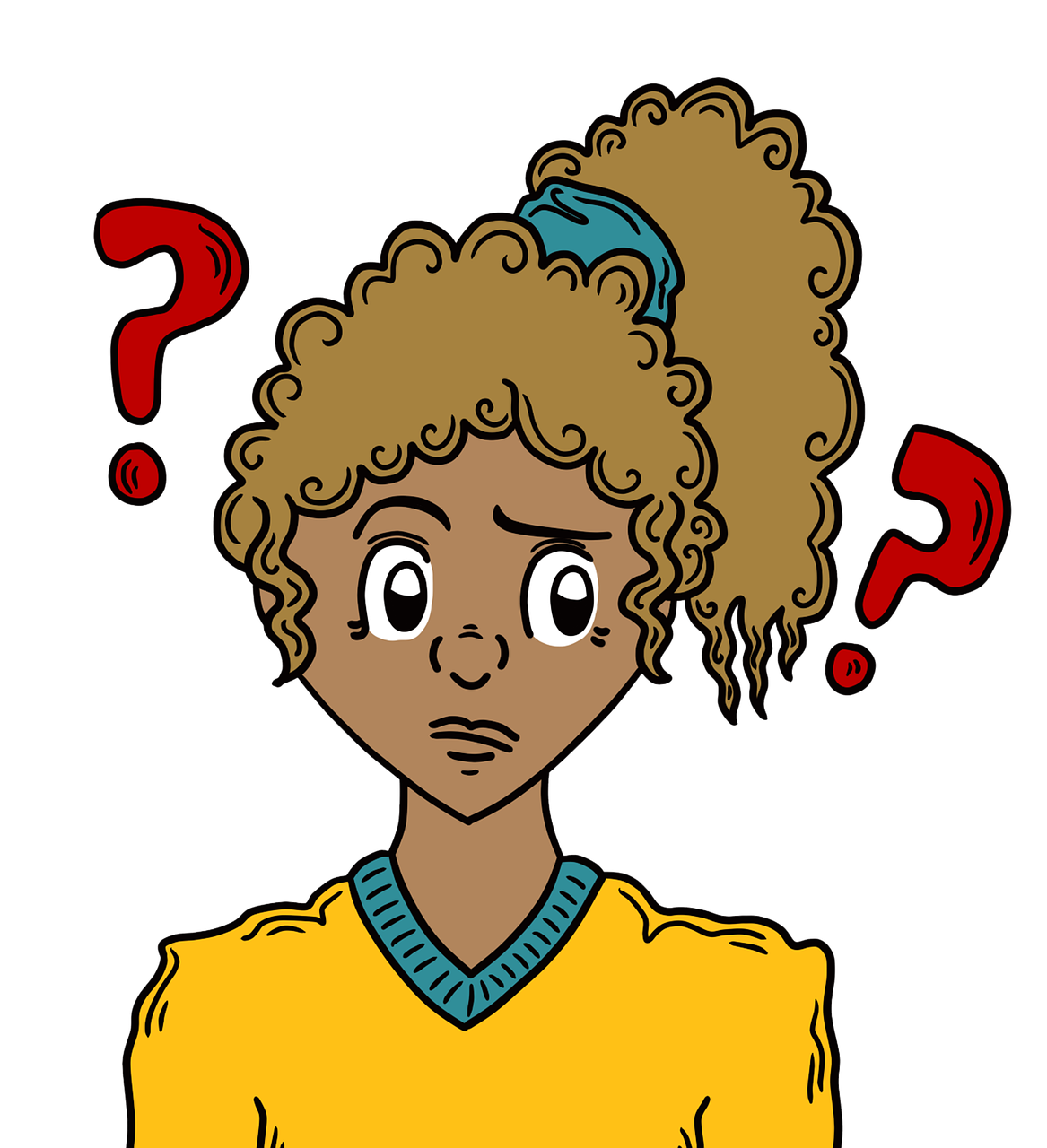Why don't we get 'TV Block'?
Charlotte Booth • 4 February 2022
Overcoming 'Writer's Block'.

As a writer, of course this has happened to me. But it's not Writer's Block because Writer's Block as a mythical condition does not exist.
'Writer’s Block' is that moment you decide to write, but have no idea what words to put on the page. Your creative brain is a desert just before the tumbleweed trips across the horizon.
However, most people suffer from this in some form throughout their lives. Whether they are writers or not.
That moment at school when your teacher tells you to write a story about something good that happened to you. Or that time you can’t concentrate on reading a book or watching a film. That moment you scan through Netflix or the TV channels and can't find anything you want to watch.
You wouldn't claim this to be Reader’s Block or TV Block. Why do writers have their own syndrome name, for something that is lack of inspiration, motivation and ideas?
And that is essentially all it is.
If you approach a writing project with no idea where you are going to start or even the ideas you want to include, of course you will get stuck.
Some days, perhaps you are not in the mood to write that essay, report, magazine article or book chapter. You are simply not in the mood for the task you have set yourself. No biggy!
How do you overcome this block then? There are different ways to approach it, depending on what the cause of the block is.
- Lack of inspiration - If you are not in the mood to write what you have set yourself for today, then don't try to force it. Go for a walk (I know, it's apparently the answer for everything), or write or do something else.
- Lack of ideas
- When you sit at the screen and have no idea what to write, then this can be solved by planning ahead. All the authors who go through my
From Brain to Book
programme write a ridiculously detailed content page for their book, meaning they will always know what to write when they sit in front of the screen. Research can help. If at school, you were told "Write a story about something good that happened to you", it would have helped if you had some time to think of an incident, write down details, feelings, what the weather was like but instead you were probably given 30 minutes to complete it. So if you have an idea for something, brainstorm angles, outcomes, emotions, people to interview, research needed - essentially any ideas for what can be included.
- Fear - Sometimes a block can come with a fear of the blank screen, a fear that what you write will be rubbish, and general doubts that no one will want to read it. You may be right but no one has to see a first draft as they are often rubbish. But, you can improve a first draft of rubbish text. You can't improve on a blank page. If fear is holding you back, don't think of the finished project, use the first writing session as a way of getting ideas down. They don't have to be sentences, they don't have to be in order, they just need to be written.
The idea of 'Writer's Block' has grown into a massive mythical beast, and once it gets in your head then that's it. Your career as a writer is over. It's not.
Inspiration, ideas and the need to get your thoughts down will return. I have had periods where I don't have an idea for a book, and I worry that I will never write another book again, but then something will spark interest and I can see a book develop, and I can get writing again.
It's not permanent, and sometimes talking ideas through with someone can help kick the block to the curb. If you would like to talk about writing your first non-fiction book or need an inspiration kickstart then drop me an email.

There is nothing more amusing than checking out mediaeval artistic renditions of lions and other heraldic creatures. These beasts, grimacing and gurning are a strange juxtaposition of human, animal and demon and as far from the cute image of Alex from the Madagascar franchise or in fact a real lion as you could possibly get. There are three main reasons mediaeval lions are so ‘bad’ and un-representational; The artists were following a very tight brief. Some of the artists may never have seen a lion, and were following the descriptions they were given. These lions were representing heraldic principals of bravery, nobility and authority; all very human characteristics. When viewed through this lens it becomes more understandable why they look the way they do, but they are still ‘not right’ and not a great tool for learning about lions. Generative AI is very similar to an uninformed but talented mediaeval artist. There is a element of intelligence but at the end of the day it is following a brief, with no actual ‘knowledge’ of the thing it is producing. As an example, if you prompt your generative AI (ChatGPT and the like) to produce a blog for your new product or service, aimed at your ideal customer avatar you will in all likelihood get a mediaeval lion out the other end. Sort of recognisable, and sort of not. This is because AI doesn’t know what a customer is (ideal or otherwise), has no idea what your product or service is and does, and has no true understanding of how this service or product will serve your ideal customer and their needs. Of course, AI is pulling all the information available from the internet to help with its answer but there is no understanding there. There is no determining fact from falsehoods or even which websites are trustworthy and which are not. So, it skims the internet and puts together content which suits the brief as it understands it. This is then when the actual work should start as this content shouldn’t be used in the raw. It should be edited and tweaked by a human who DOES understand the brief, has been a customer (ideal or otherwise) and can imagine what your ideal customer will feel when using your product or services. We are in a world now, where we have generative AI promoting products and services to humans, when it has no concept of what a human is and how it thinks, meaning the marketing department are in fact more important than ever for ensuring content and copy is aimed at humans and human emotions. You could argue that the world would be a more entertaining place if there were more mediaeval lions in it, but it wouldn’t be a great environment for learning, or for basing purchasing decisions on. If you want to maintain the human element in your content, then I would love to help . Explain the brief, your CTA and your ideal client and I will know what I need to ask to get a clear idea before writing. Then you can rest assured your content was written by a human for a human and we can leave the mediaeval lions to the museums.








